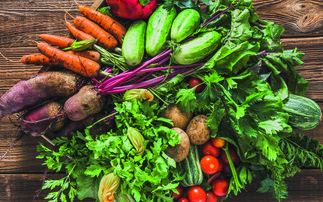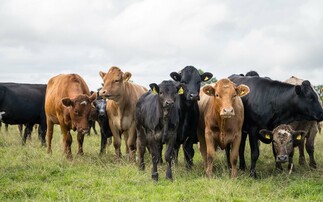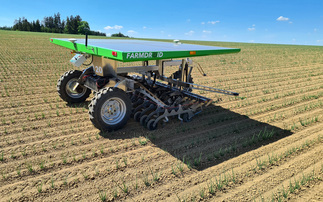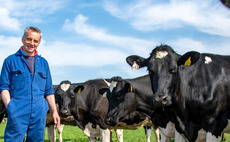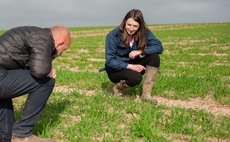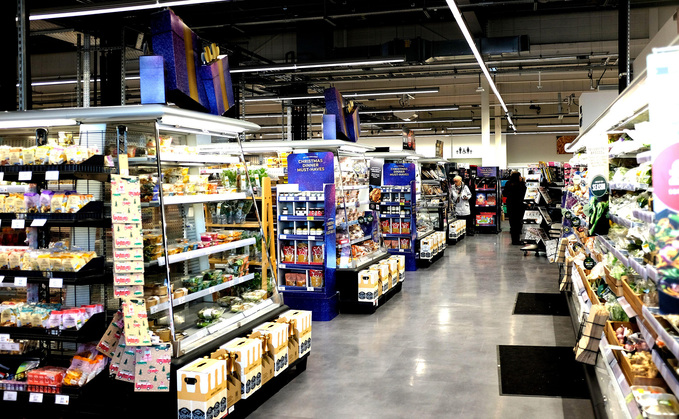
Speaking at CLA conference, she said the most important thing was collaboration, shared risk and working with the supply base, and ultimately the farmers, to build business resilience
Faced with increased pressure from external stakeholders, investors and its customers, Marks & Spencer was focused on collecting data to help share the sustainability story of its agricultural supply chain.
That was the message from M&S Food's head of sustainability Lucinda Langton, who said the retailer was a 'leader' in sustainability and agricultural standards and keen to maintain the ‘clear blue water' between it and its competitors.
Collaboration
Speaking at last week's CLA conference, she said the most important thing was collaboration, shared risk and working with the supply base, and ultimately the farmers, to 'build business resilience'.
Read also: COP28: Farming unions urge world leaders to back farming
Innovation at the hear of Defra Secretary's farming plans
Ms Langton said: "Farmers are in this increasing world of volatility. As retailers, if our farmers cannot grow it, we cannot sell it. So we need to help them build that resilience into the supply chain and their own farm businesses.
"If we are going to get anywhere near net zero, we have to work with our agricultural supply chains."
Net zero
M&S had set a net zero target by 2040 with the focus on its agricultural supply chain and animal feeds, which it had calculated contributed a total of 82 per cent of its overall emissions.
To meet those goals, M&S was focused on innovation, communication and data.
"Ultimately, if we cannot measure it, we cannot manage it. Increasingly we are being asked more questions, so we need that rigour and robustness in what we are able to report back," said Ms Langton.
She added they also needed to tell farmers' stories, adding there had been a ‘step change' in the past year with how M&S was telling stories from its supply chain.
Food waste
Ms Langton shared success stories so far, including a reduction of 46 per cent food waste in the supply chain by introducing initiatives such as scrapping date codes from over 300 fresh products, as well as repurposing foods to give them a longer shelf life.
In recognition that investing in innovation within its supply chain was key to achieving its net zero target, M&S had funded several advisory services for its farmers and growers.
Reducing carbon
She said 50/50 split funding was available to any suppliers or farmers that presented viable ideas to reduce carbon, adding 'keep the ideas coming'.
She gave the example of the AgriSound box as an on-farm investment, which had been trialled on two farms and would be rolled out to a further 18, and which had given farmers the ability to understand the impact of intervention on-farm for pollinators.














